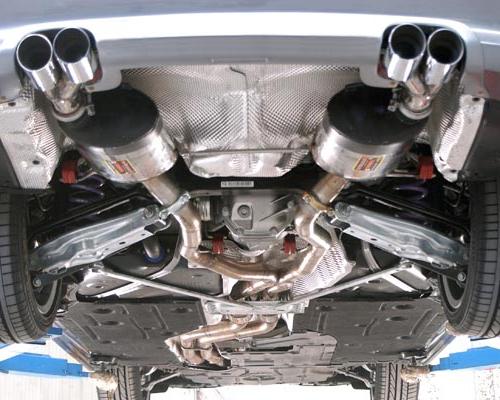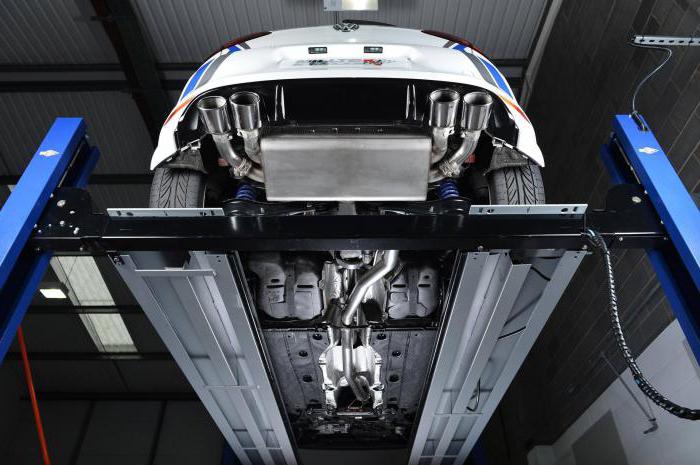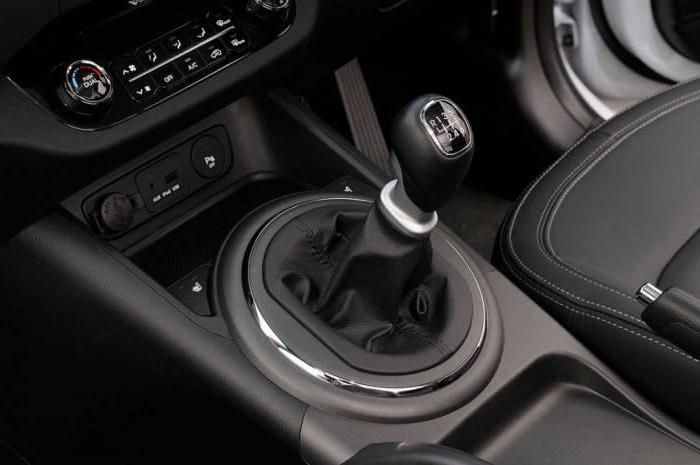How does the exhaust system work?


For example, thanks to this deviceMany harmful compounds (nitrogen oxide, hydrocarbons, carbon oxides) are retained and returned back. Let's consider in some detail the system of return of nitric oxide in an inlet collector. The main reason for the formation of this compound is the high temperature in the combustion chamber. Reducing the concentration of this substance can be achieved by lowering the operating temperatures. It is most simple and effective to do this by returning some of the generated exhausts. Such recirculation of the exhaust gas helps to reduce the combustion temperature of the fuel mixture, however, the composition of the latter and the ratio of substances remain unchanged. In addition, the fluctuation of power performance can be considered insignificant. The exhaust system of many modern models of cars contains in its structure a catalyst that is designed to neutralize and purify exhausts.

The main types of malfunctions of this systemcar can be called an increase in noise and an increase in the concentration of harmful emissions. The exhaust system due to its low position relative to the ground surface can be partially or completely damaged. In addition, trips to uneven areas are likely to lead to a disruption in the density of the connecting parts. All this entails a loss of system integrity and, accordingly, an increase in noise pollution from your car. In turn, a negative change in the composition of the exhausted gas mixture may result from improper settings of the control systems or contamination of the exhaust devices.
Exhaust system for long andeffective use requires some operational requirements: the connecting pipes, the resonator and the muffler must not be in direct contact with the rest of the vehicle's structural elements. This precaution will not only ensure the long operation of the exhaust gas emitting means, but also protect neighboring systems.














